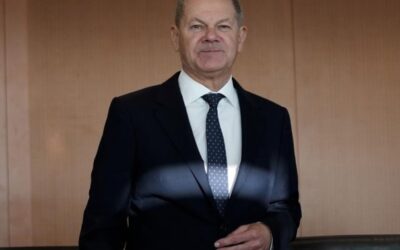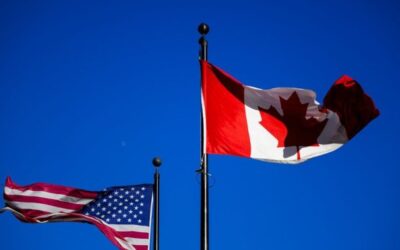Progressive Conservatives, Liberals, NDP make no promises to balance Ontario budget
More than halfway through Ontario’s snap election campaign, the province’s major parties are staying silent on whether they have any plans to balance the budget if they form government.
In the opening two weeks of the campaign, the Progressive Conservatives, Ontario Liberals and NDP have all unveiled a series of high-cost promises.
The PCs have pledged to build a new tunnelled expressway under Highway 401, while the Ontario Liberals are promising a middle-class tax cut. The NDP has pledged to increase the school repair budget by more than $800 million every year.
But how those promises will impact Ontario’s bottom line is something of a mystery.
None of the parties directly answered questions from Global News about whether they had plans to balance Ontario’s $214-billion-plus budget at any point in the next four years.
“Since 2018, our PC government has added $60 billion in revenue to Ontario’s economy without raising a single tax on the backs of hardworking families and workers,” a spokesperson for the Progressive Conservative campaign said.
“Ontario residents can count on a re-elected PC government to continue being responsible stewards of taxpayer dollars while growing the economy and keeping costs down for people and businesses.”

Get daily National news
Get the day’s top news, political, economic, and current affairs headlines, delivered to your inbox once a day.
The Liberals countered that Ford was “the highest spending premier in Ontario’s history” and could not balance the budget.
“As Premier, Bonnie Crombie would take a good look at the books and get this province back on track,” the spokesperson said.
Neither the PCs nor the Liberals addressed the question of whether they planned to balance the budget. The NDP acknowledged Global News’ question but not did not reply ahead of publication.
The lack of a strict fiscal plan may not be an issue for any of the major parties, one expert said. That is because polling shows the public is less concerned about prudent budgeting than in previous elections and people’s top priorities are ones that will cost money to fix.
“They’re worried about health care, they’re worried bout housing, they’re worried about cost of living and they’re worried about our relationship with the United States,” Darrell Bricker, CEO of Ipsos Public Affairs, told Global News.
“All of those issues are probably going to require the government to spend money so fiscal prudence isn’t going to be a dominant issue in the campaign.”
Tariffs, in particular, have elicited large spending promises from the parties. The Progressive Conservatives have put billions in tax deferrals on the table along with money for new skills training, while the NDP has promised income support.
The Liberals are pitching a fund to fight tariffs that would allow businesses to borrow at the government rate.
Jay Goldberg, Ontario director of the Canadian Taxpayers Federation, said the tariff threat should not excuse parties from careful budget planning.
He called on the leaders to plan for a balanced budget — with the option of short-term deficit spending if it is necessary for the period tariffs could be put in place.
“The parties should be laying out a plan to have a clearly balanced budget and then work on a tariff response plan separately. I think the parties can do both — you can walk and chew gum at the same time,” Goldberg said.
“We can’t have this as an excuse to increase government spending by tens of billions of dollars on a permanent basis and that’s what often happens when you’re in a situation some see as a crisis — it ends up being permanent government spending increases.”
While the Ontario Greens have released a fully costed platform, the NDP, Liberals and PCs have only unveiled individual promises — many of them without cost estimates attached.
The election will be held on Feb. 27.
© 2025 Global News, a division of Corus Entertainment Inc.





